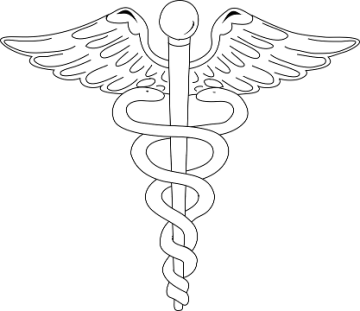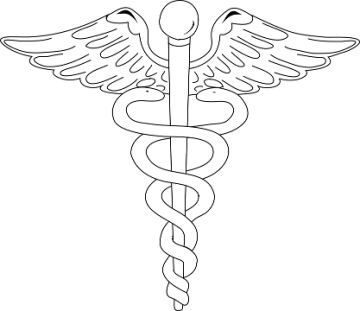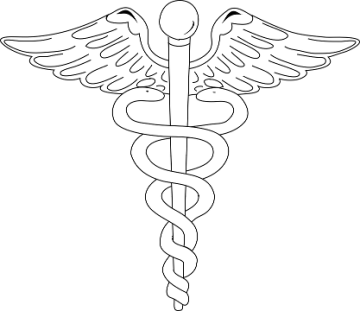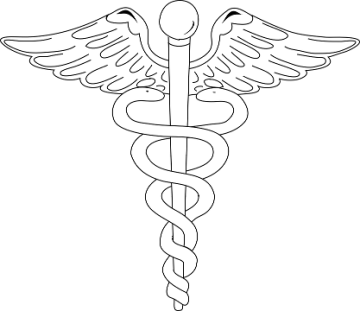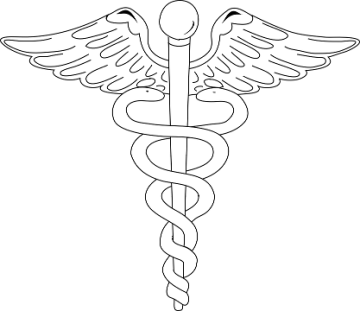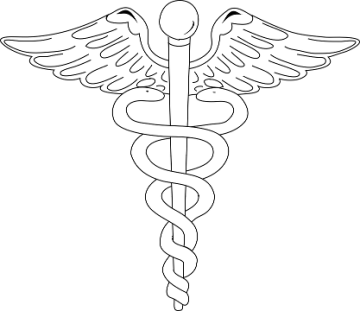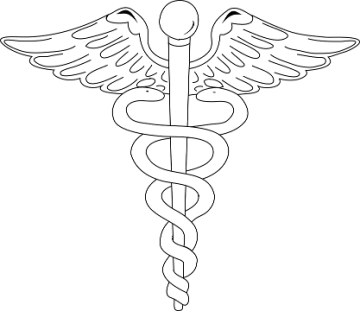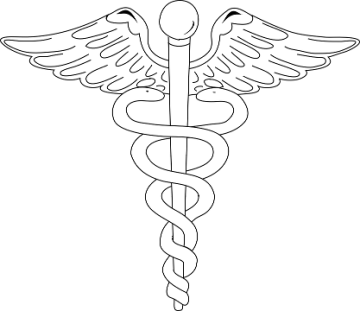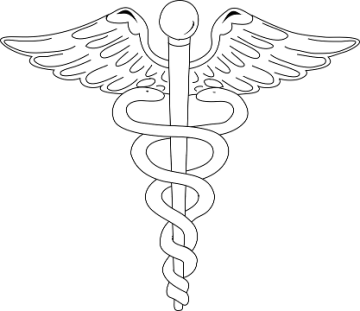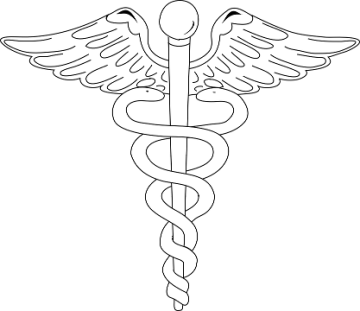Randomized trial finds therapies for spine pain improved disability and quality of life
Pain in the back or the neck is extremely common and accounts for more healthcare spending than any other health condition. A study compared two non-invasive interventions for treating spine pain, assessing both how well these methods worked at reducing pain and whether either method reduced spine-related healthcare spending.
